Chapter I
The Wrath
In a time of taboo and social injustice, having a romantic affair or living with the opposite sex out of wedlock was, for many, sinful and forbidden. A daughter could not rendezvous with a man unless the question of matrimony was already on the table. Perceived by many as the sacred union between a man and a woman, marriage could only be executed upon the approval of the family patriarch. In those days, arranged marriages were very much in fashion with little or no choice for the groom or bride to protest. Although this tradition has long disappeared from our society, it still prevails in many different cultures of the world, though not as rigidly as in those days. Unspeakable and even worse was for a single woman to become pregnant. It was conceivably the scandal and family disgrace of the century, and still is in for some.
It was in 1931 when William Singer, son of Albert Frank Singer, was forced to marry Leona Lindbom, because of their professed amorous and scandalous relationship—most notably, because Leona’s belly had distended. Their son and only child, William Singer, with no suffix, to whom I will refer henceforth as Bill, as he preferred, was born seven months after their marriage. The force of habit and potent desire for alcohol caused frequent separations between the couple. During these separations, William, the senior, would go to live with his dad.
Work was not one of his intrinsic worth. He never held a job for any length of time. Most of the time, his wife Leona, who was illegitimate, and who did not know her father, had to provide for their son.
Leona’s mother Ella, who became pregnant at the age of sixteen, faced the demons and brutal scrutiny of humanity; she was disowned by her family; and she was divested from the privilege of motherhood. The fact that she was carrying a baby without being married was a source of disgrace for her parents. Her father, to flee the social prejudice and humiliation, secretly found an underground group of people and sent Ella to a home for unmarried pregnant young girls—several miles away from their hometown—where she stayed until the baby was born. At the same time, Ella’s parents concocted a story that their eldest daughter Edith, who was married at the time, was pregnant. Ella was forbidden to raise her own child. Even before baby Leona had her first cry or put on her first smile in her mother’s arms, she was taken away from her mother and placed at the home of their daughter Edith. Leona was announced as the daughter of Edith, who then raised her, as her own child. Somewhere in time, during Leona’s early years, Ella determined to deprive the agonizing moments, and for her child to know the truth, she decided to divulge the great family secret. She told Leona that her biological mother was she, and the woman Leona knew as her mom was actually her aunt. Ella was not allowed to reunite with her daughter and disappeared from Leona’s life, ever since. Mother and daughter never saw each other again.
Leona Singer, a true brunette, petite and an outgoing personality, who enjoyed being around people, strove to maintain a semblance of stability at home, as her husband was frequently gone for extended periods. She also put up with her husband’s philandering and the plague of his idleness. A ballet and a tap dancer by profession, Leona had to feed an extra mouth. But her performances were scarce and she had to find jobs anywhere she could. For that, Leona would ask her sister, Ruth, to baby-sit the kid, for she had to put food on the table, and at times relied on her mother’s and in-laws’ support.
Auntie Ruth, a vibrant, extroverted, and beautiful woman, who had plenty of time on her hands, would spend much of that time taking the adorable Billy—as she called him—to the park, candy store, and the movies. Bill detested the name Billy, though he relished all of the confections his aunt bought for him, something never offered at home. At the movies, the child never complained or cried. With eyes bugged out, fixed on the screen, he calmly sat in his seat; his whole attention surrendered to the excitement he received from the animated wall in front of him. The world ceased to exist for little Billy as he was pulled away into a magical land by the moving characters and objects on the screen, and nothing could distract him or get him up from his seat.
As the years elapsed, the family was on the roll—moving from place to place. Bill was only seven years old, when he experienced the most horrific event any seven-year-old kid should ever have to behold, which undoubtedly left an indelible scar for the rest of his life.
The innocent child could not help but witness the brutal shooting deaths of several members of his family. Every one of those morbid moments had left its mark, an irrevocable trace with hard texture that shadowed his youthful and adult years, and he was unable, for a very long time, to look or smile at disbelief in the reality of the trauma.
His parents had moved to Los Angeles, California from Saint Paul, Minnesota two years prior to the appalling event. They shared a house with his grandmother and uncles.
One night just after his sixth birthday his mother and father had taken him to nearby Long Beach. His family wanted to view a vaudeville show and that night Bill got to perform for the audience and sang “The Beer Barrel Polka” to a thunderous applause and rain of nickels. The kid was ecstatic, especially for the storm of coins reward for his efforts that night. The following morning however, tragedy struck at his home, which hunched like a manmade lintel on the head almost his entire life.


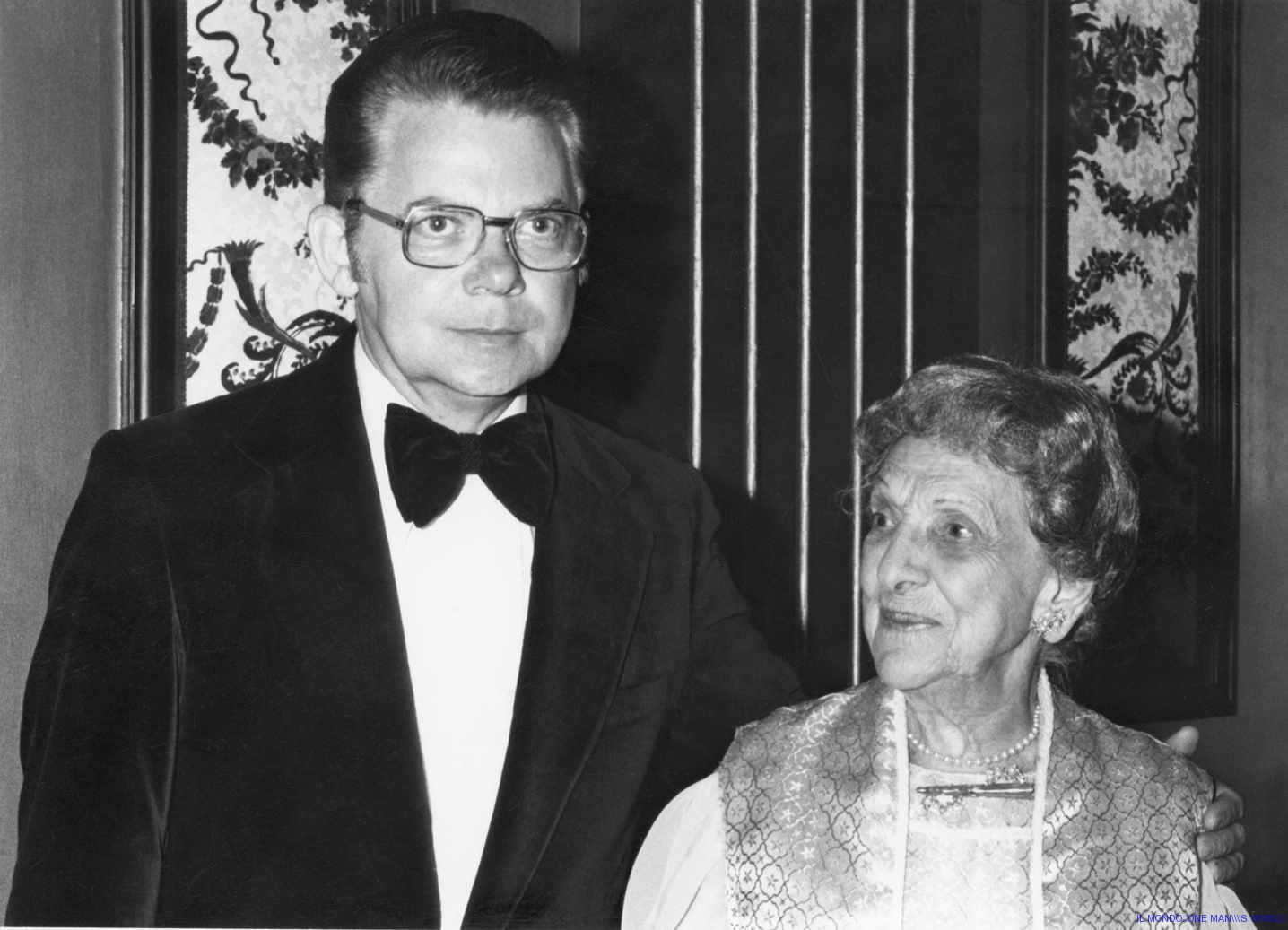

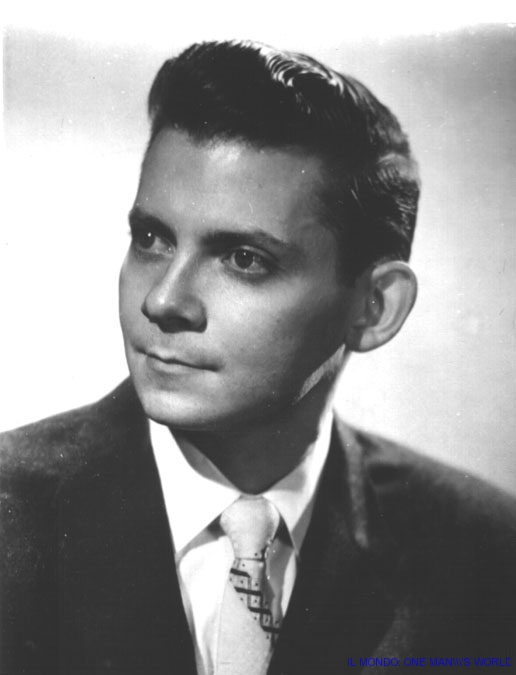

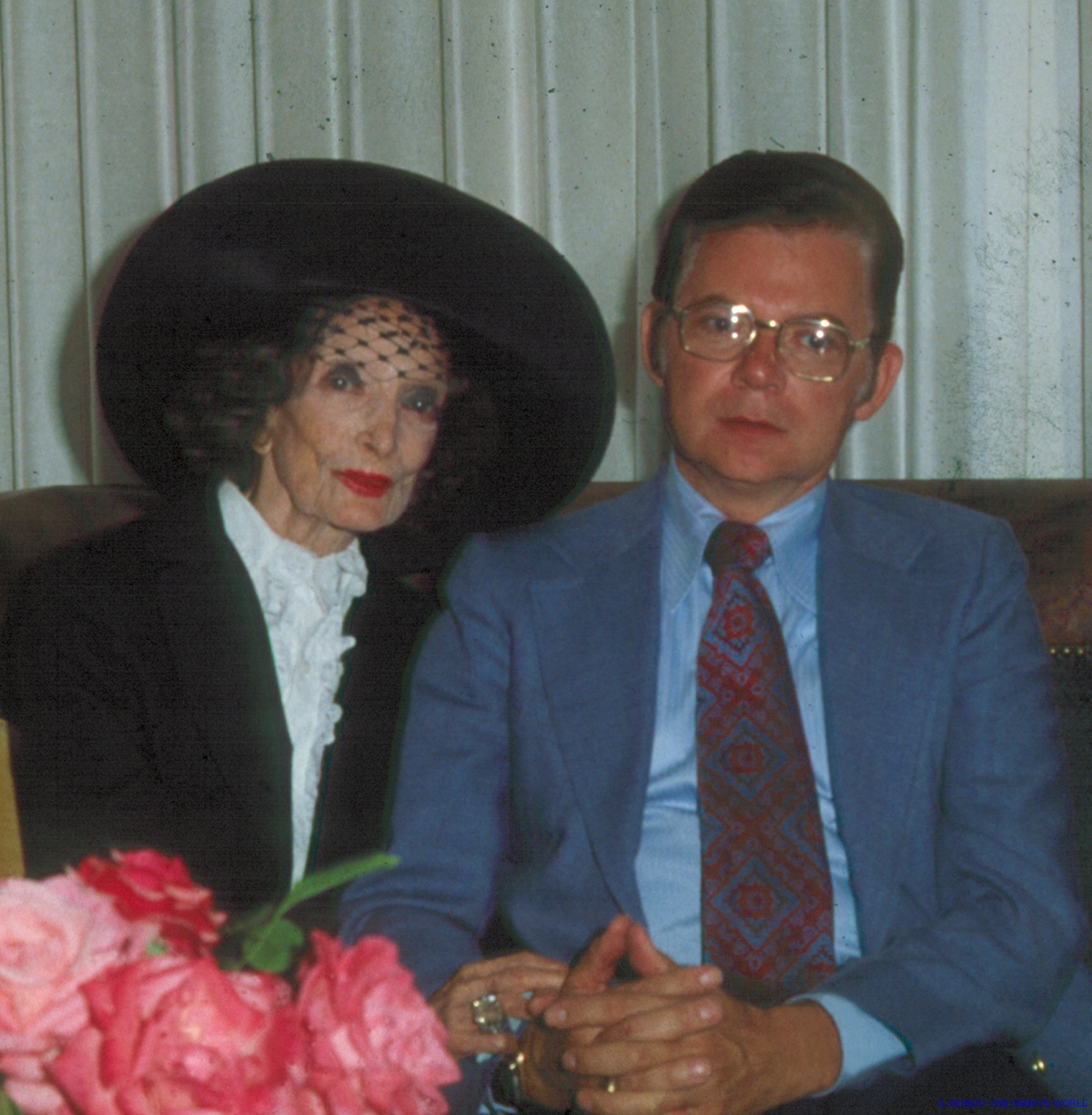
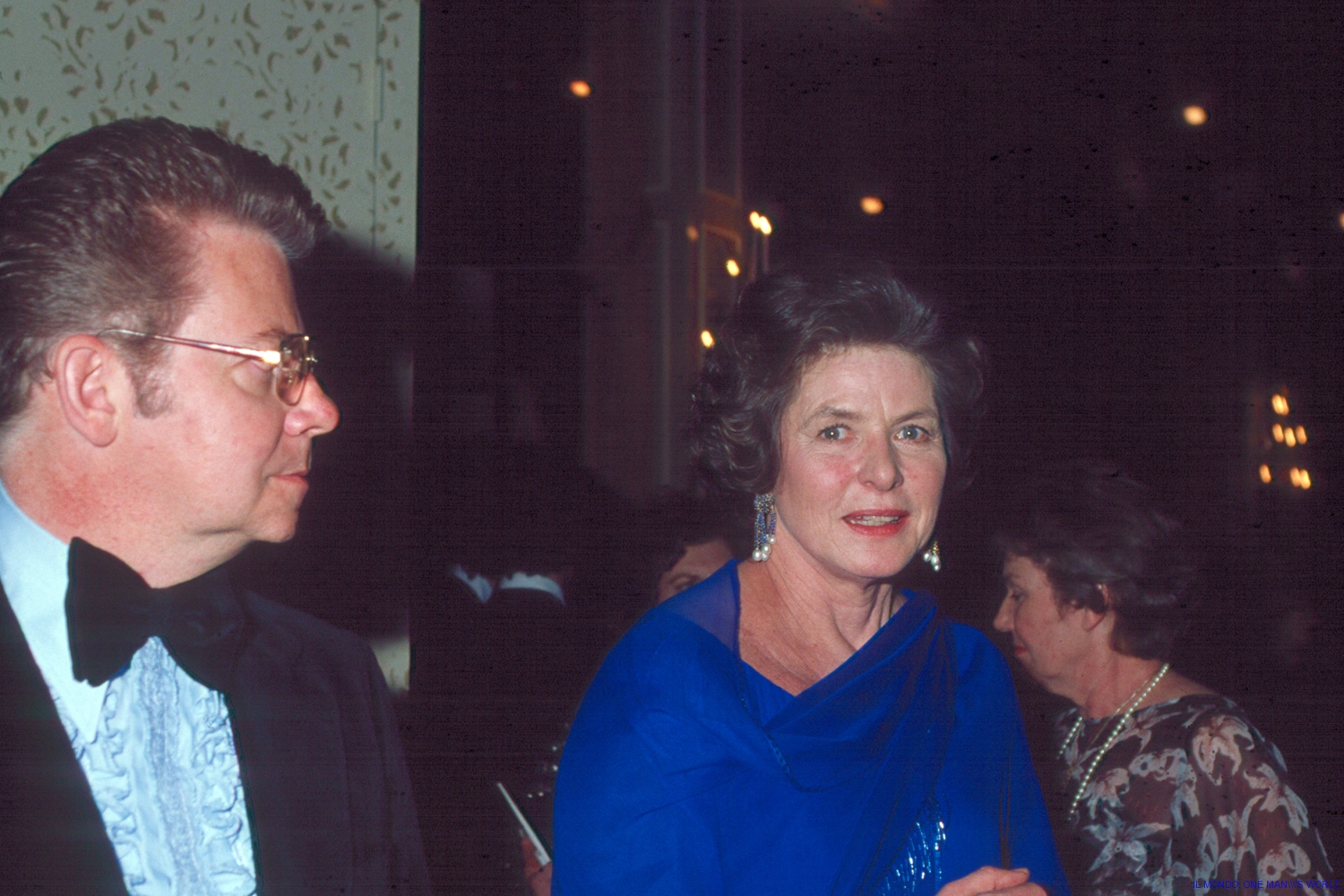

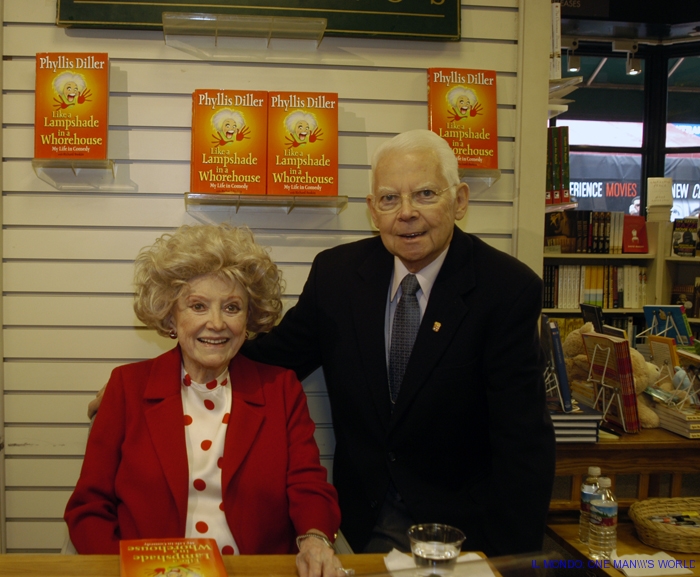
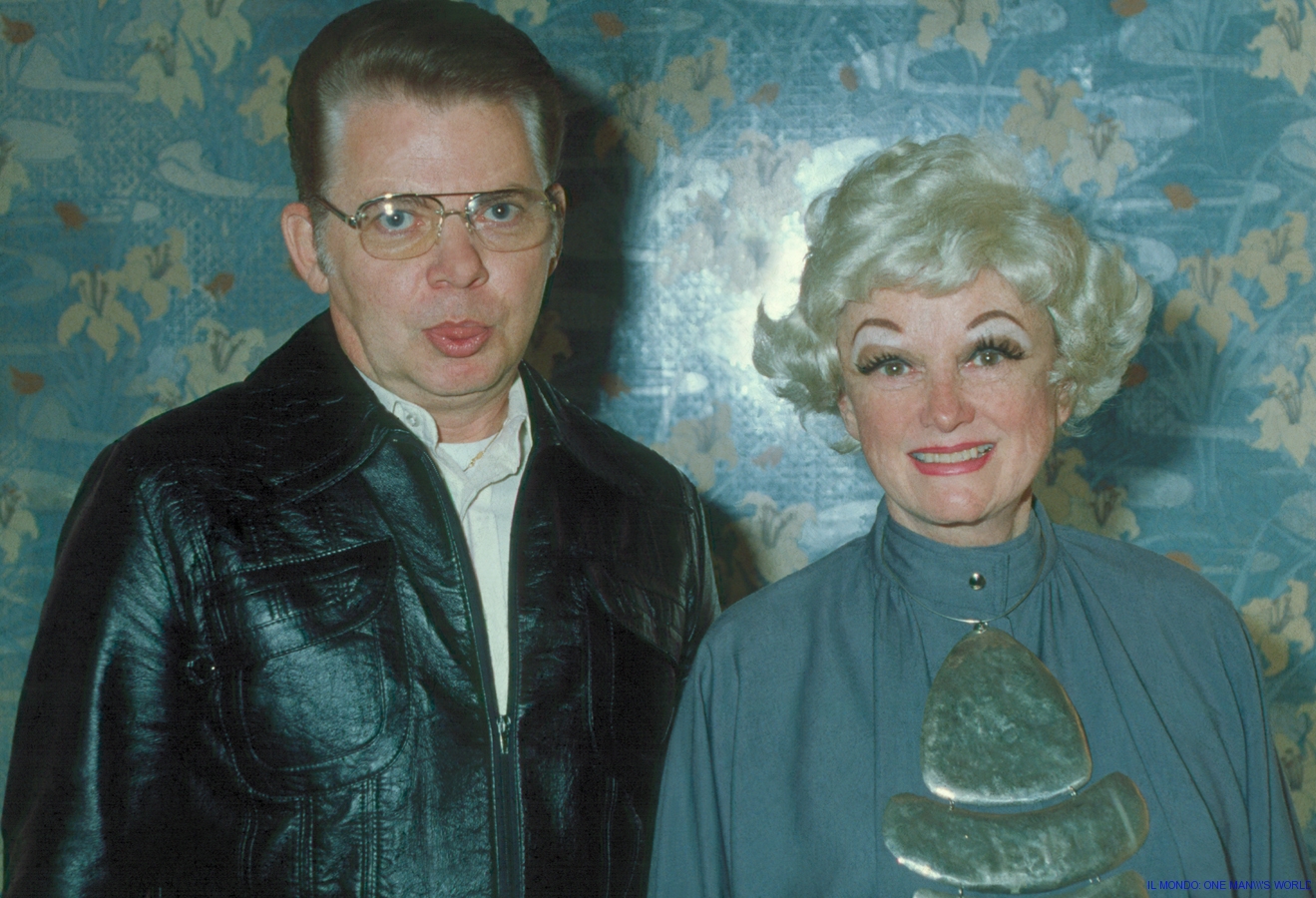
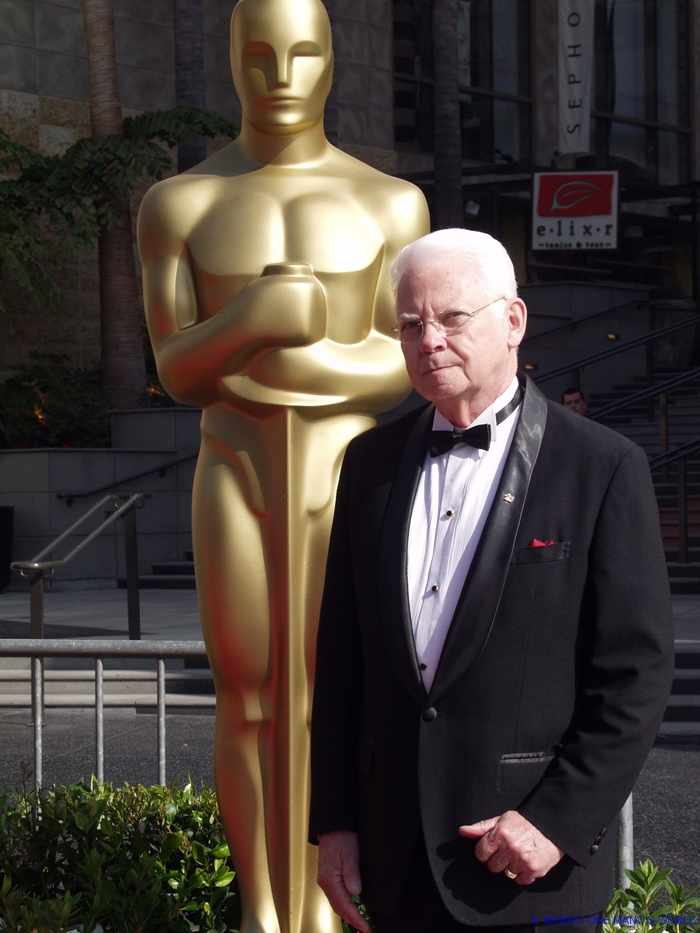
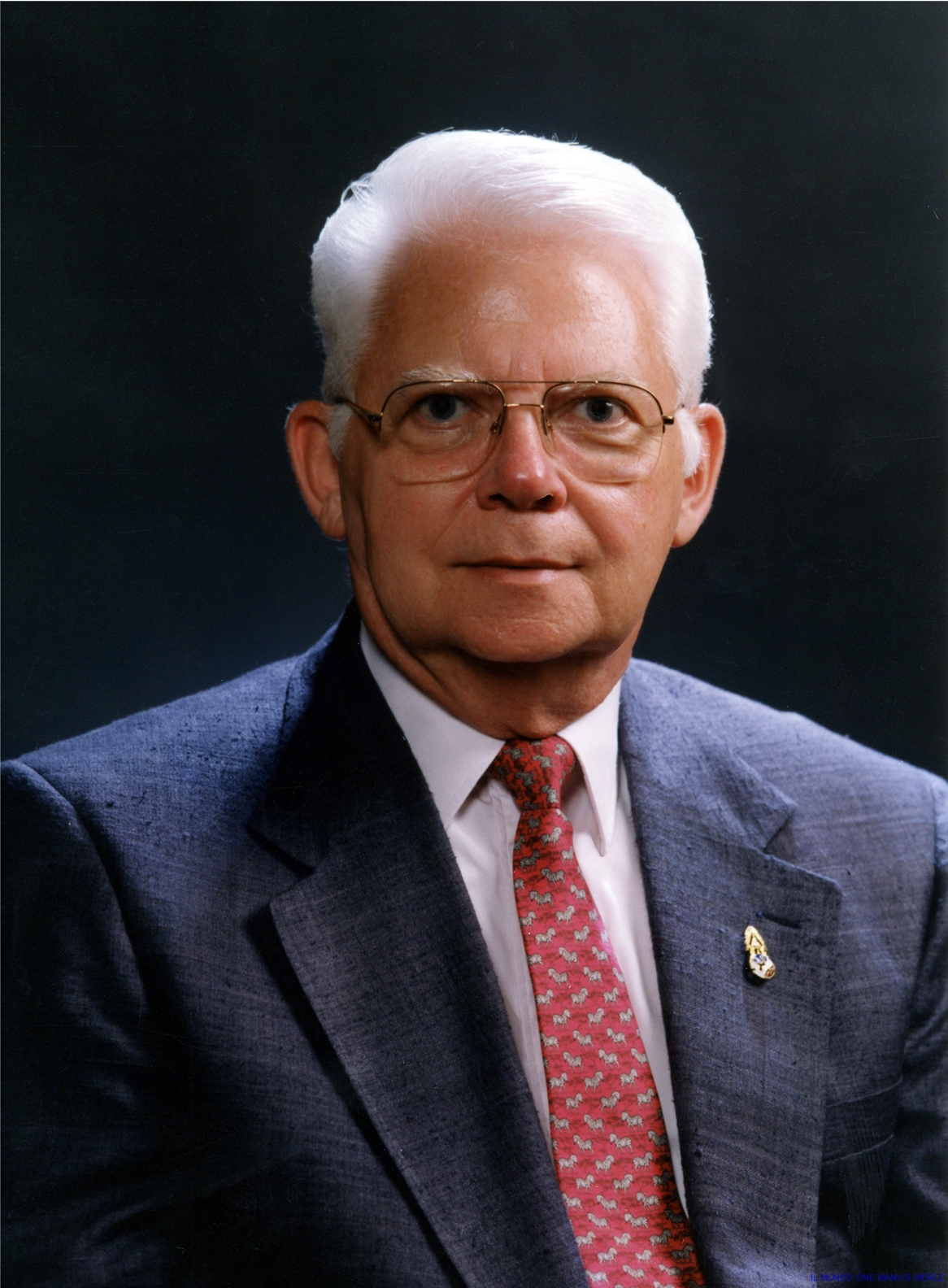


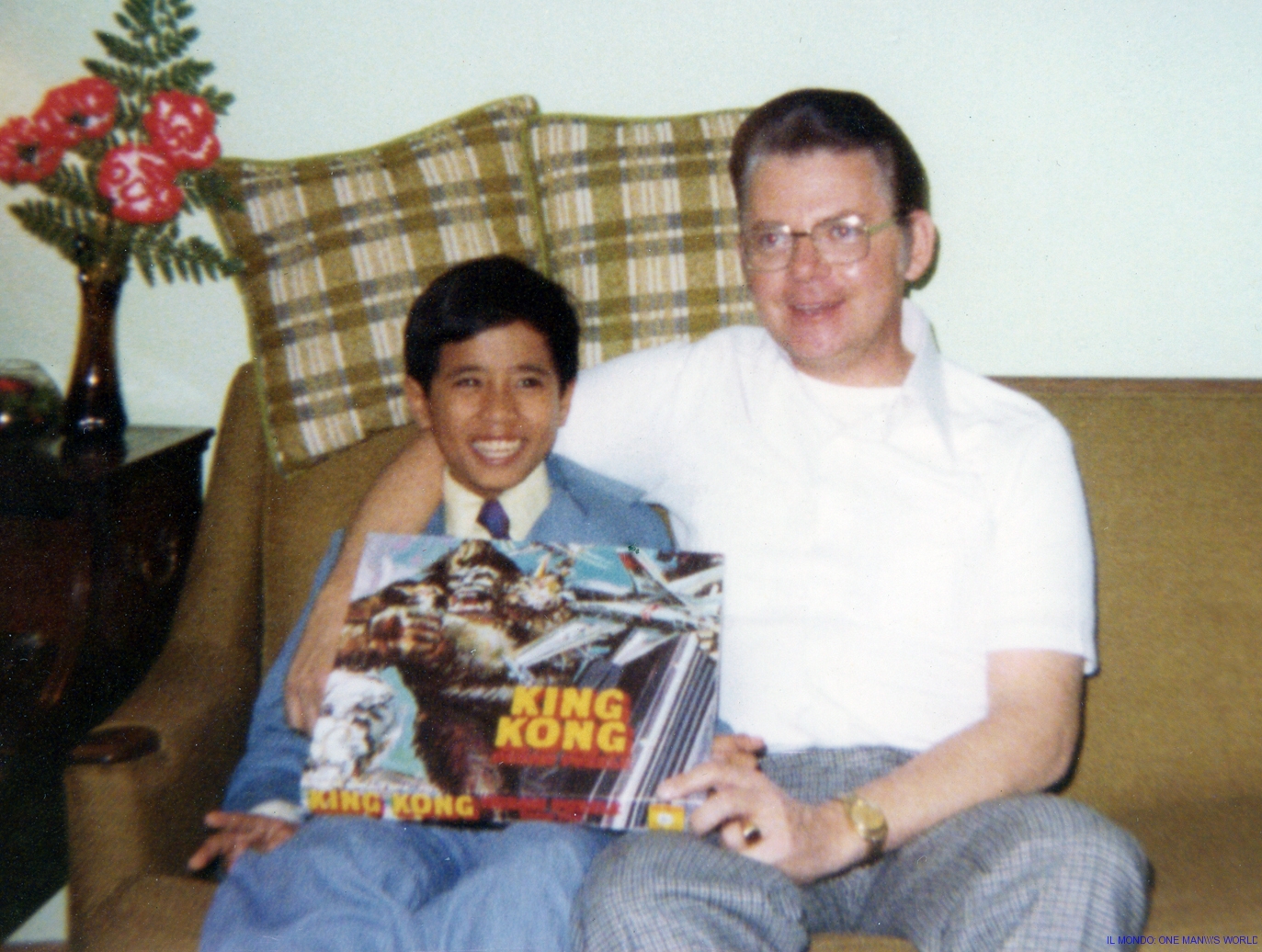

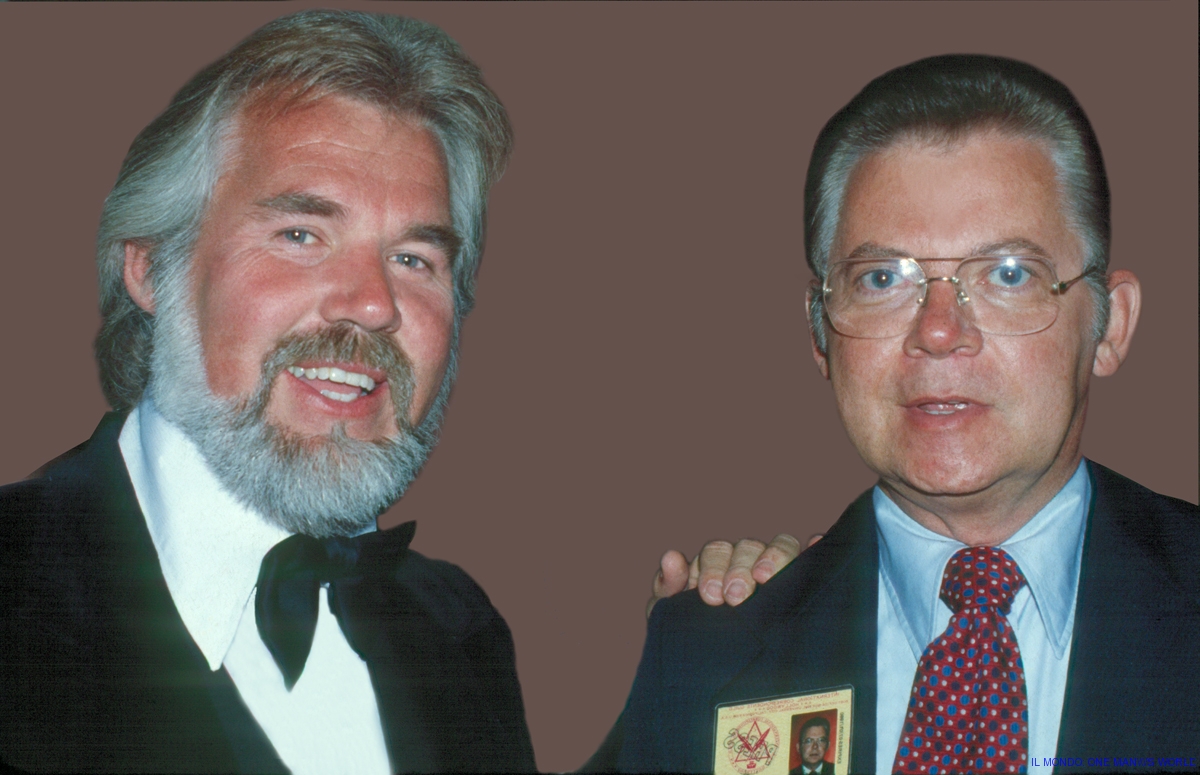
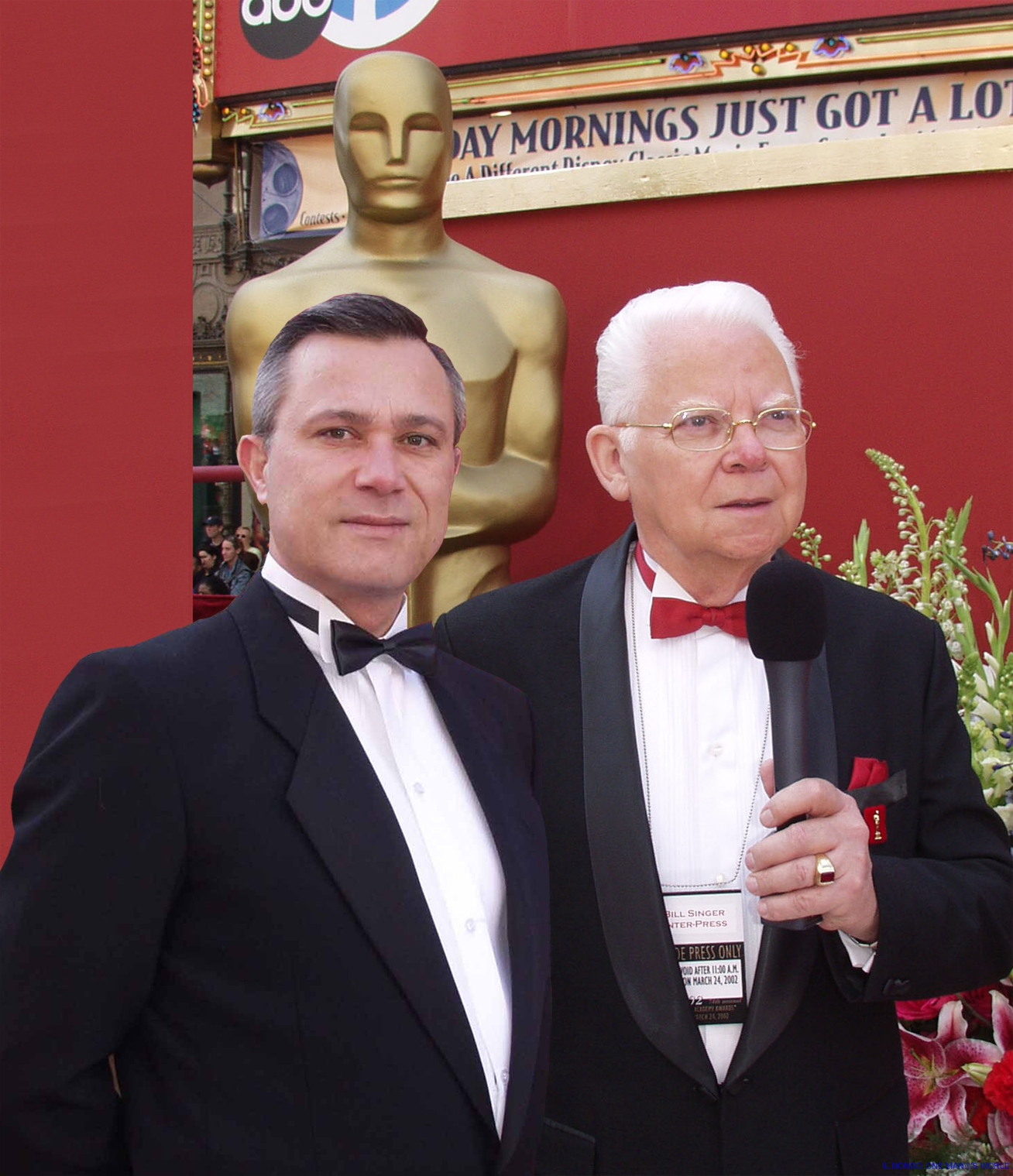

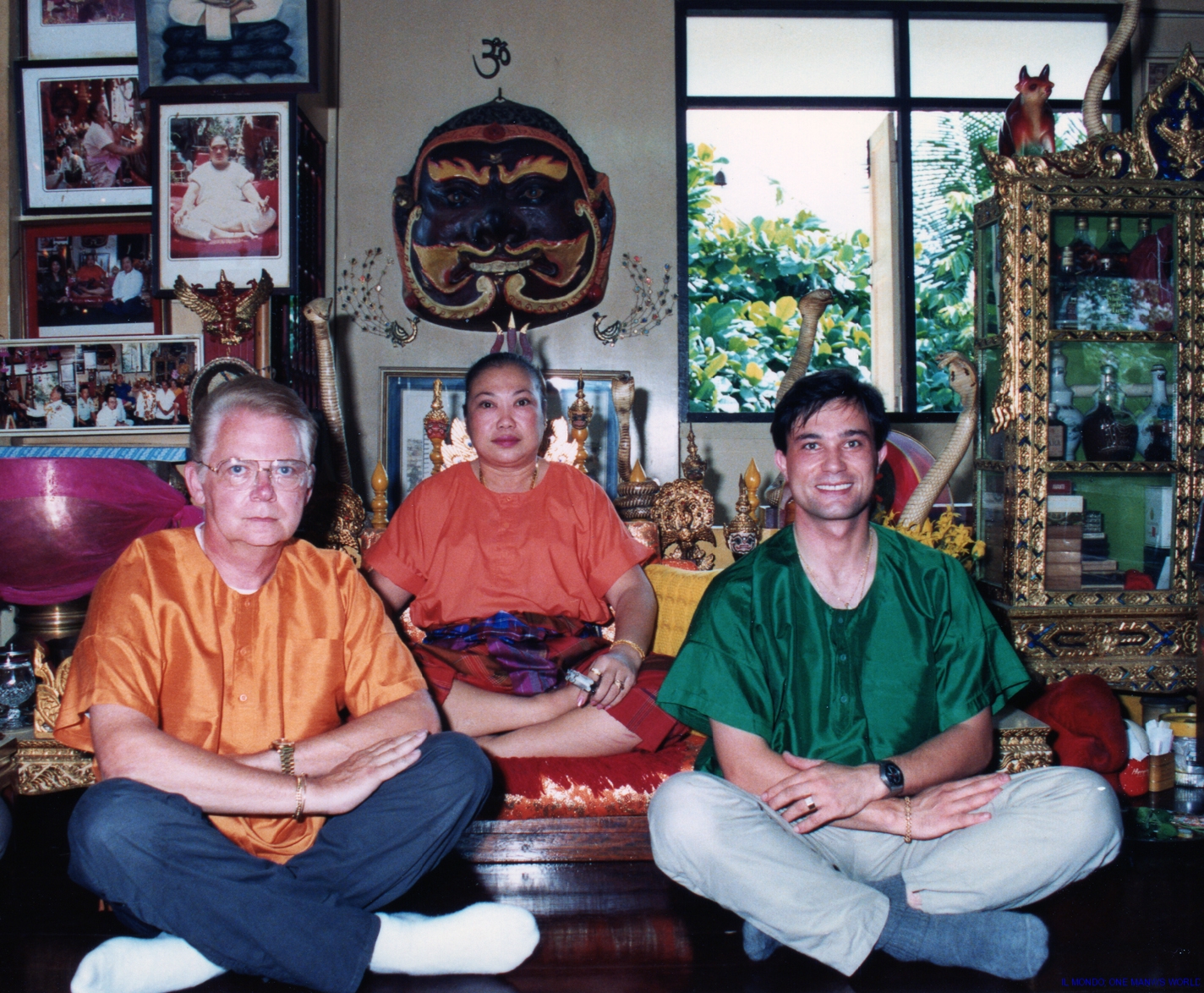
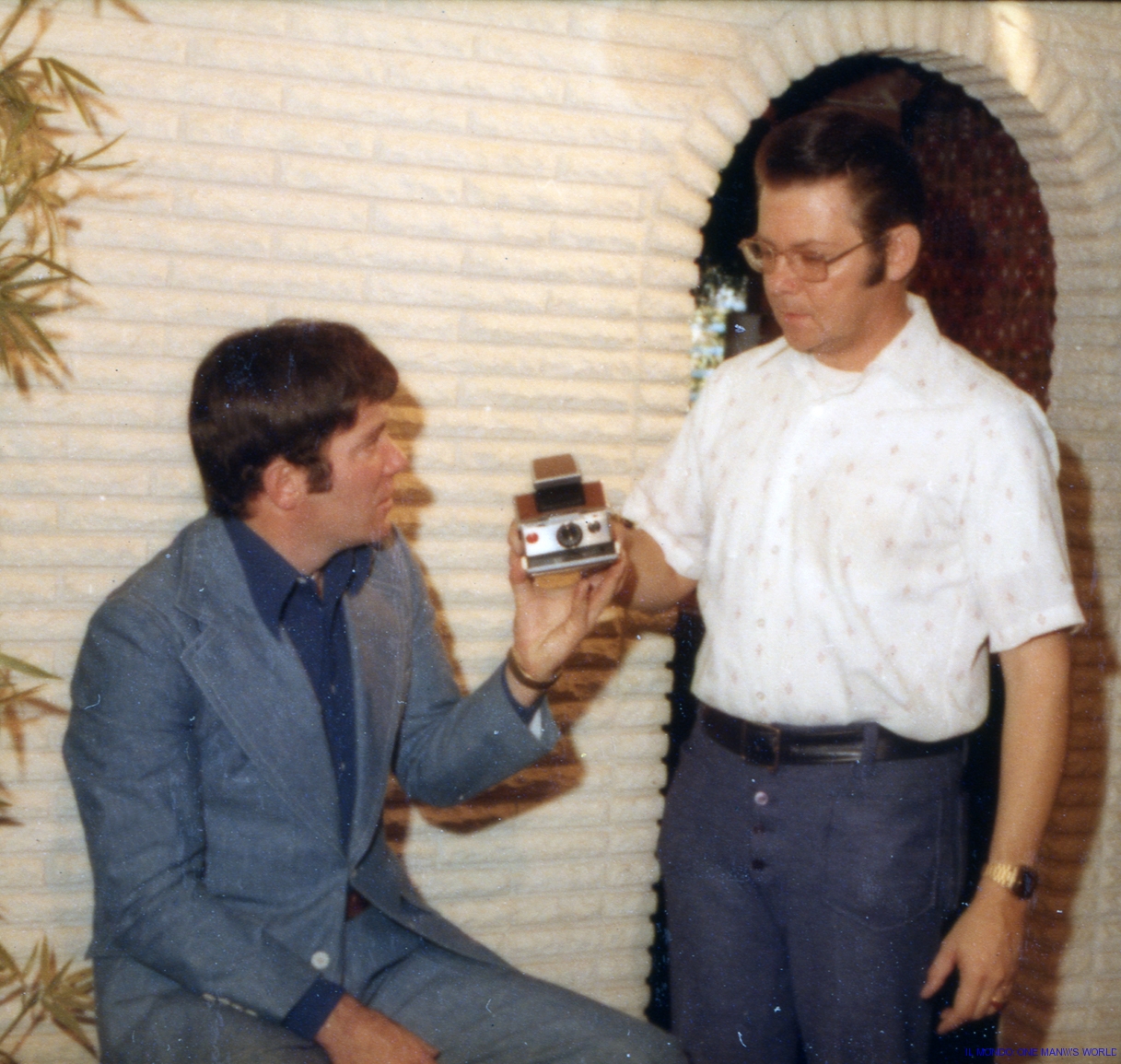
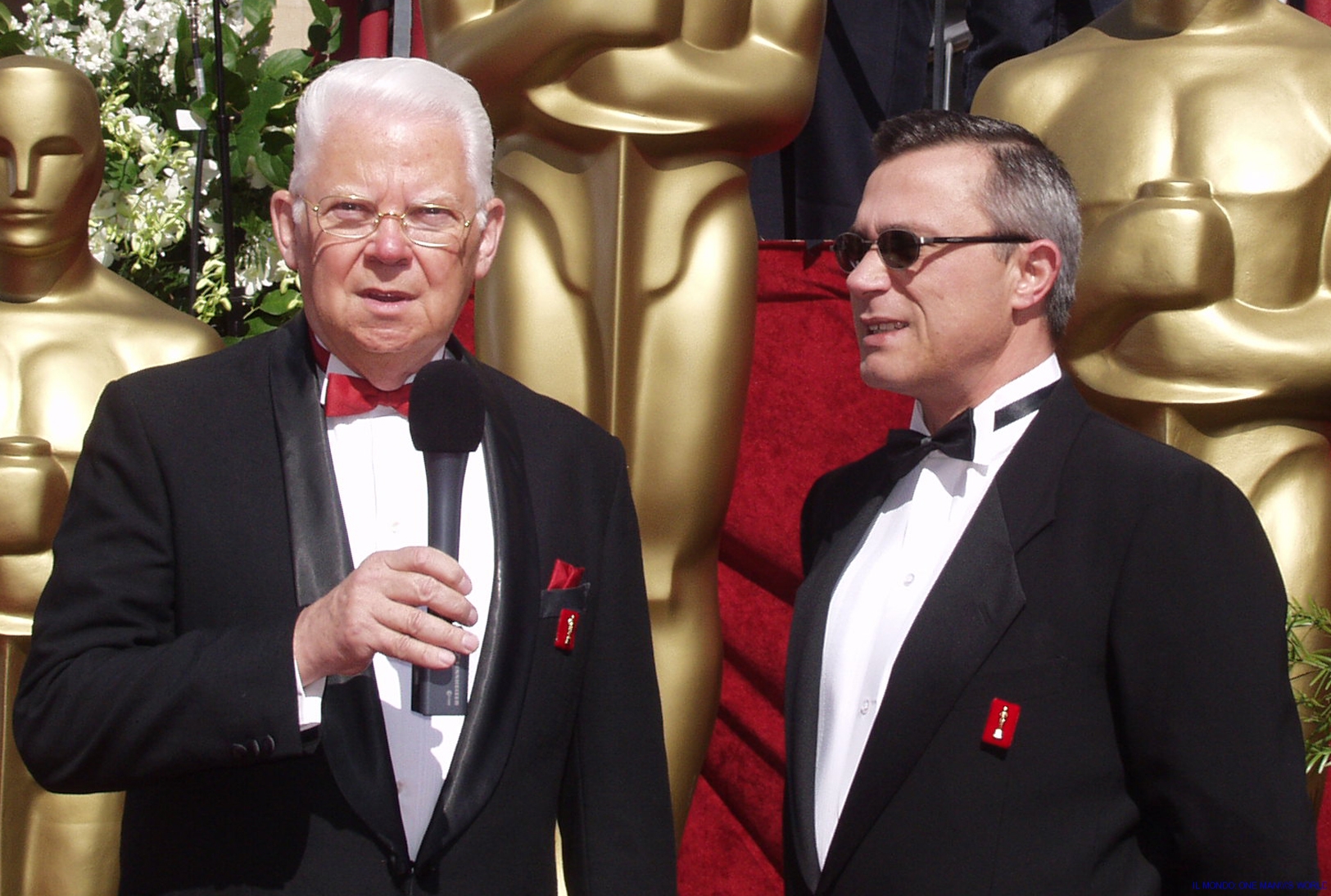
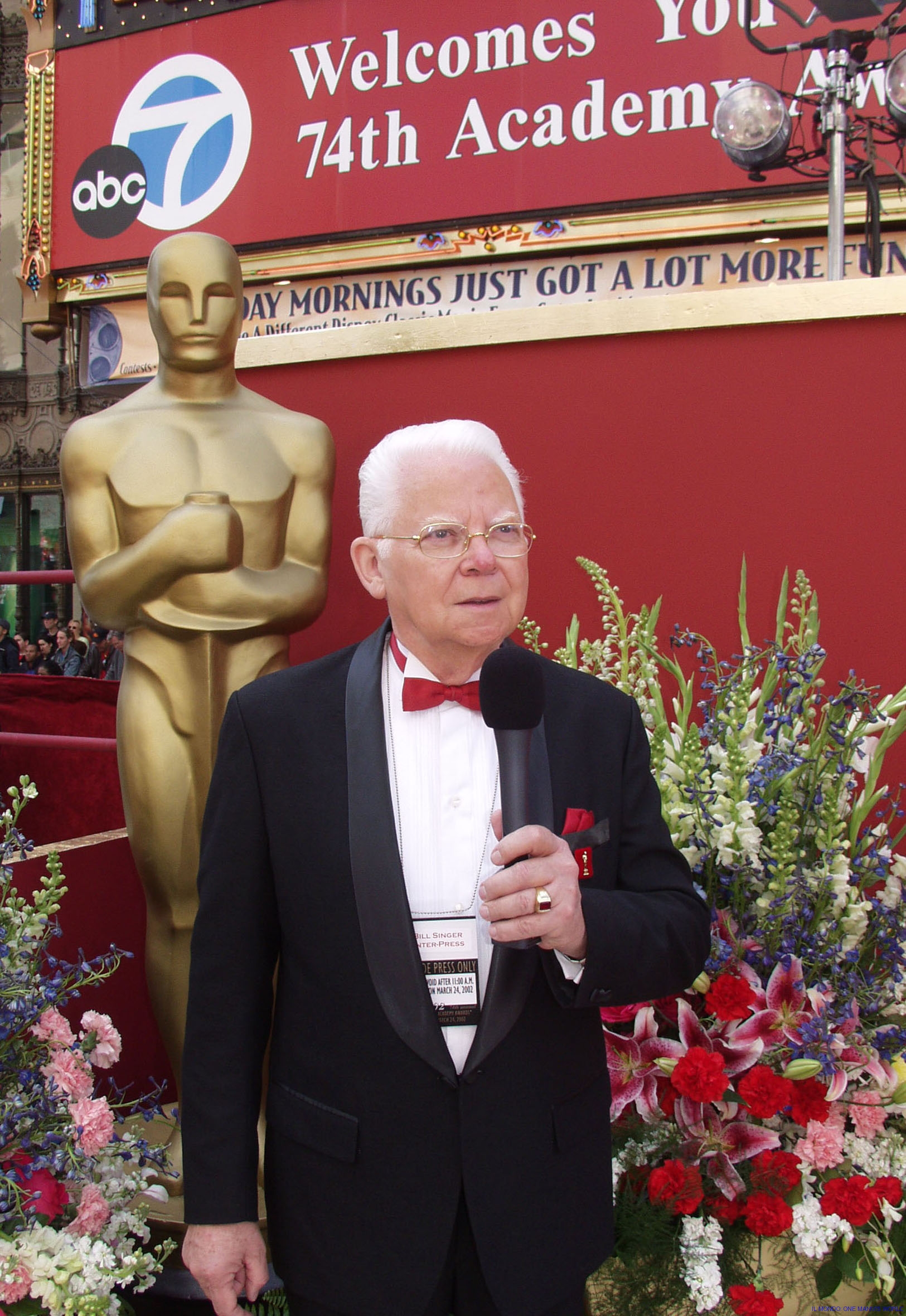
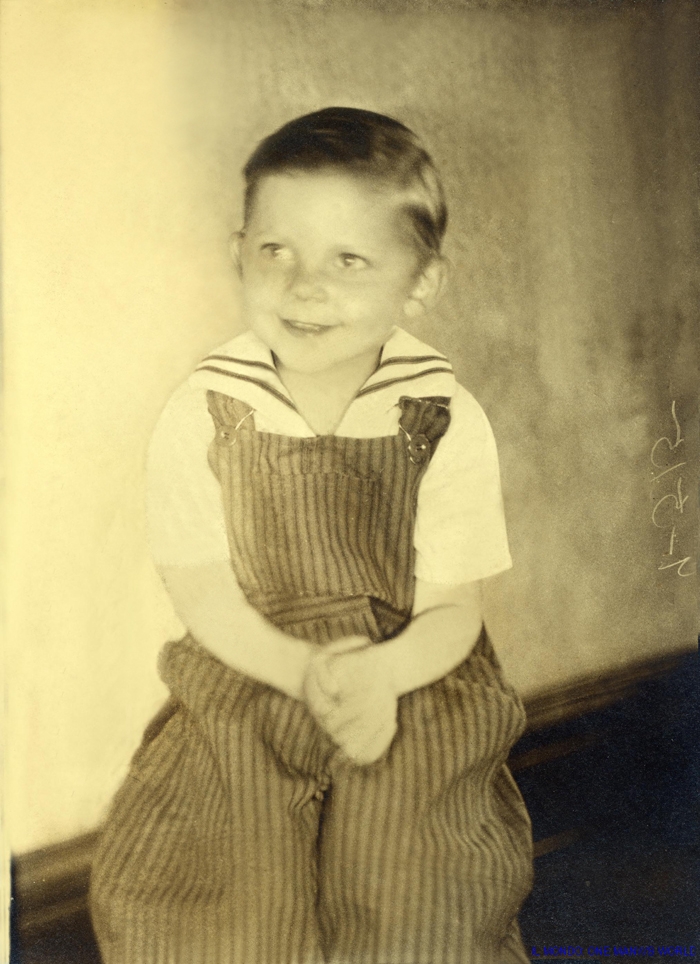
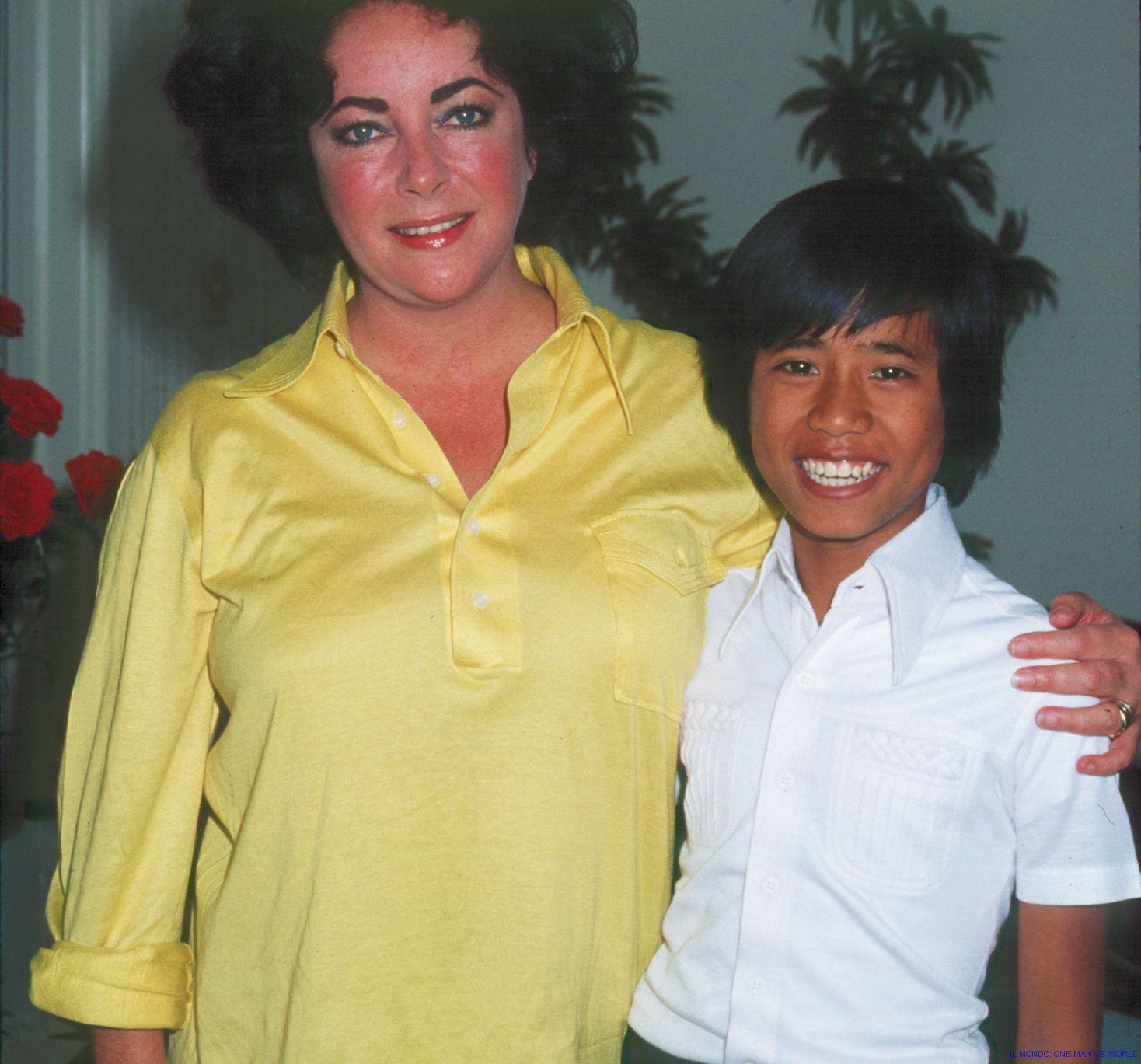
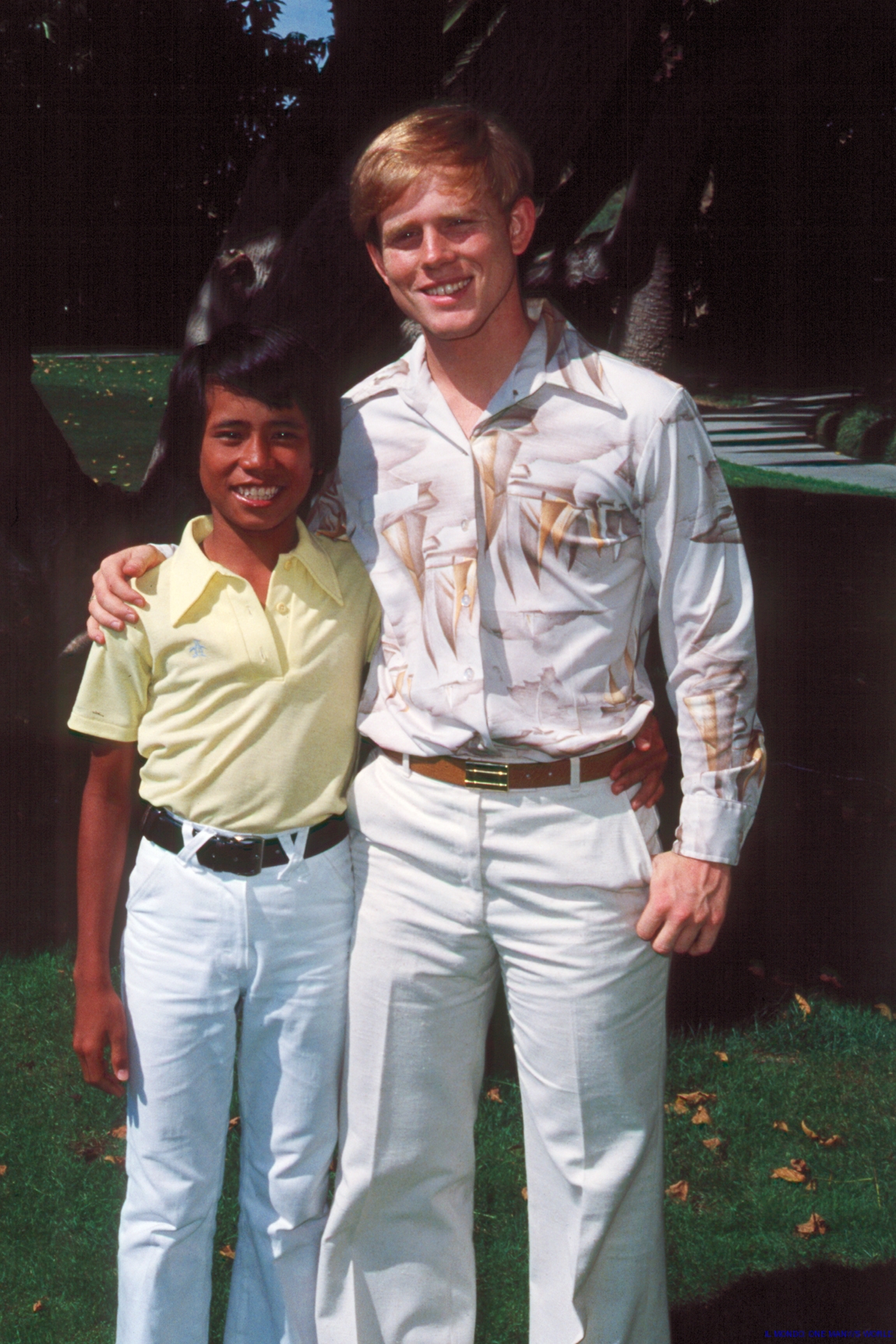
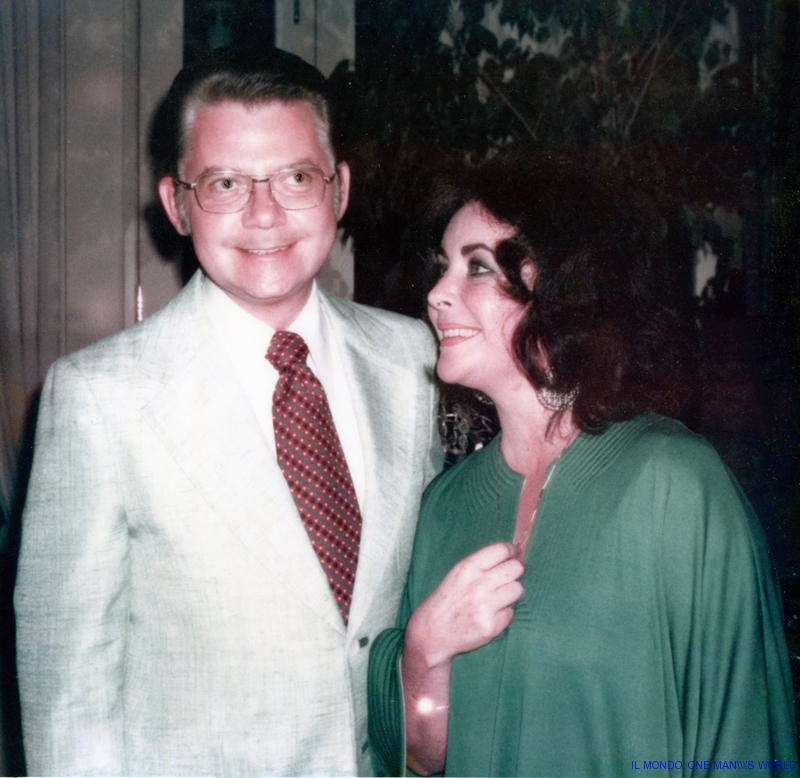
 Amazon
Amazon